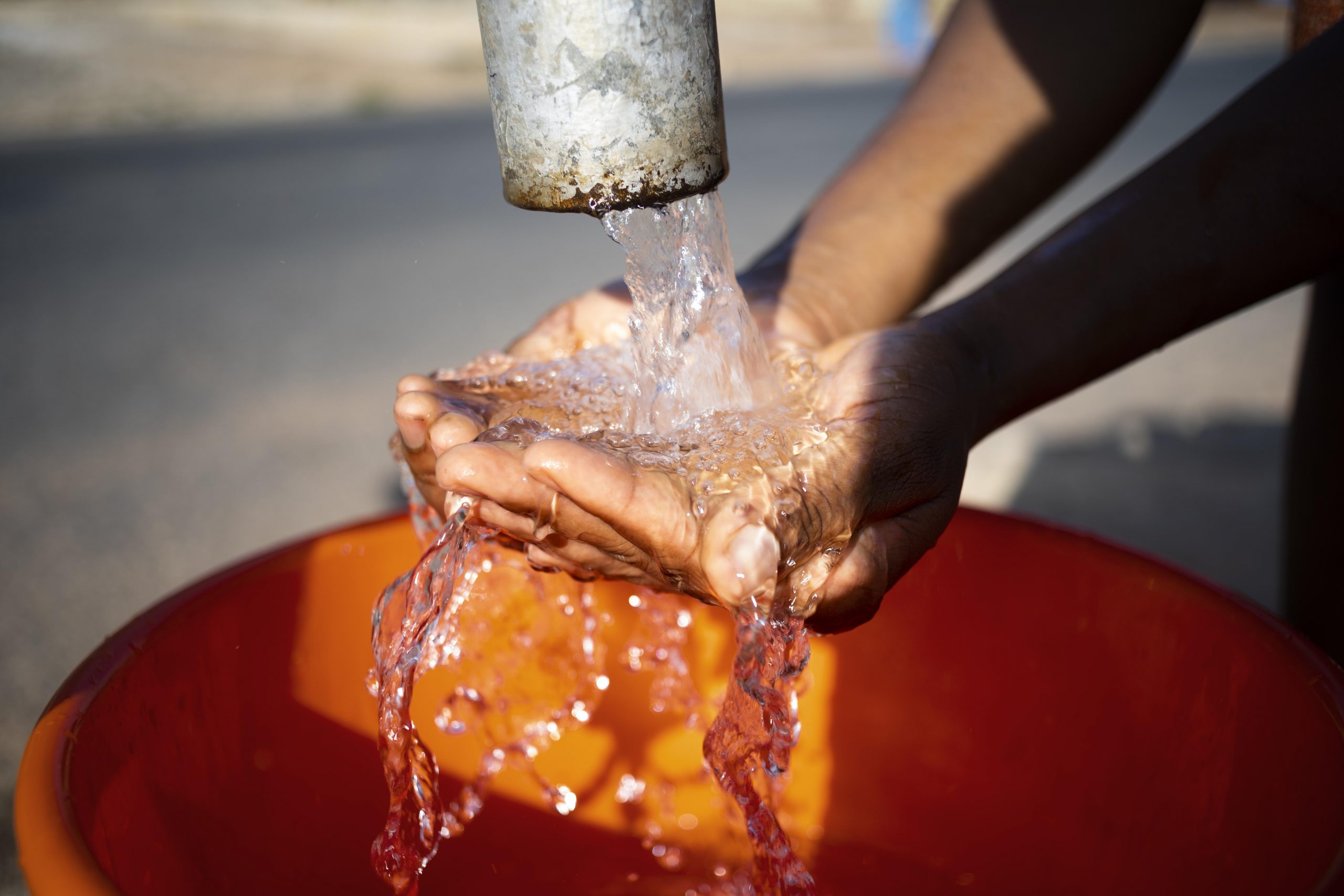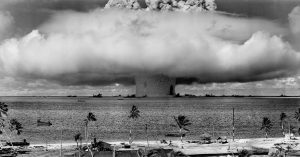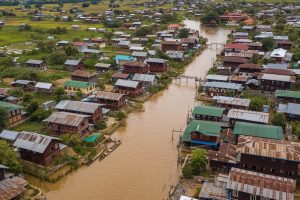Three years after the deadly cholera outbreak in Zimbabwe, residents of Harare face a potable water crisis. This crisis is largely similar to the country’s 2008 experience with Africa’s most devastating cholera outbreak in 15 years. The outbreak left 4,200 people dead and at least 100,000 infected. According to Human Rights Watch, the city’s perpetual water crisis is linked to the cholera outbreak, which results from Harare’s outdated water infrastructure, severe droughts, escalating population, and permeant government corruption and mismanagement. Disputes between the Harare City Council and the central government have hampered efforts to confront the problems.
The Harare water crisis has affected people’s rights to life, health, food, and rights to water and sanitation. Dewa Mavhinga, the Southern Africa director at Human Rights Watch mentioned that Harare’s perennial unresolved water crisis is a loose cannon of magnified health risks that forces residents into seeking alternative unsafe water sources. He also urged Zimbabwean authorities at the local and national levels to work together to permanently put an end to Harare’s hazardous water problems. In October 2019 and July and August 2021, Human Rights Watch interviewed 85 people who lacked access to safe drinking water in five densely populated areas of Budiriro, Highfields, Mbare, Glenview, and Mabvuku, and the water in Harare, the Epworth peri-urban informal settlement near Harare, and the surrounding towns of Norton, Chitungwiza, and Ruwa. 11 municipal and central government officials, legal experts, public health experts, city council staff, and employees of non-governmental organizations and UN agencies in Zimbabwe were also among the interviewees. Reports from the UN, the government, non-governmental groups, and the media regarding water issues in Harare were reviewed.
The piped water infrastructure in Harare was developed way before Zimbabwe’s independence in 1980, and it was designed for 300,000 people. Currently, Harare’s greater urban area has a population of about 4.5 million people, with more than half having no access to clean water and hence risk contracting water-borne diseases such as typhoid and cholera. A woman from Mabvuku’s high-density suburb told Human Rights Watch that at times they get city council water in the taps, but it is not clean. They can neither drink it nor use it to cook, as it reeks. Human Rights Watch confirmed that common water sources are often contaminated and there is no official information on the specific safe water sources, despite the known risk of contaminated water. This leaves the residents to take their chances on unsafe sources of water.
A 46-year-old woman from Glenview said that the tap water is neither clean nor safe to drink, so they have to depend on borehole water, which they feel is better, although not safe for drinking. The wealthier families in the low-density suburbs of Harare drill safe boreholes and buy bottled water, options unavailable to the majority of the population. The humanitarian organization Médecins Sans Frontières (MSF), or Doctors Without Borders in Zimbabwe has established sanitary seals to protect new boreholes from contamination but seeing as this project costs several US dollars for each borehole, local governments have not adopted this solution.
In Harare’s high-density suburb of Mbare which has the country’s busiest bus terminus and a vegetable market that is visited by thousands of people daily, water and sanitation facilities are insufficient. Both Chitungwiza and Harare have several open markets in which thousands of people set up stalls to trade, but they lack adequate water and sanitation facilities. In the Highfields high-density suburb, a 32-year-old mother of two depends on the potentially hazardous water from the boreholes which are not always accessible. The peri-urban informal settlement of Epworth which is adjacent to Harare has no water infrastructure for its 120,000-plus residents. Tens of thousands of its residents have for more than thirty years depended on a dam with unsafe, stagnant water which is unfit for human consumption.
Being a party to African regional and international human rights treaties that acknowledge the right to water and sanitation, the Zimbabwean government should take legislative measures within the limits of available resources to meet the gradual realization of the right to water, which is emphasized under section 77 of Zimbabwe’s 2013 constitution, that “every person has the right to safe, clean, and potable water.” Human Rights Watch urged the government at the local and national levels to immediately act to ensure alternative safe drinking water sources, such as protected wells and safe boreholes for the entire population.
The central and local governments continue blaming each other without resolving the water crisis in Harare. Dewa Mavhinga has urged Zimbabwean authorities not to wait for the next cholera outbreak to provide access to safe drinking water for everyone. The Harare City Council and Zimbabwe’s central government should act with urgency to ensure clean water for millions of people affected. The government should also invest in affordable water equipment and distribution systems to uphold the right of millions of Zimbabweans to potable water.







